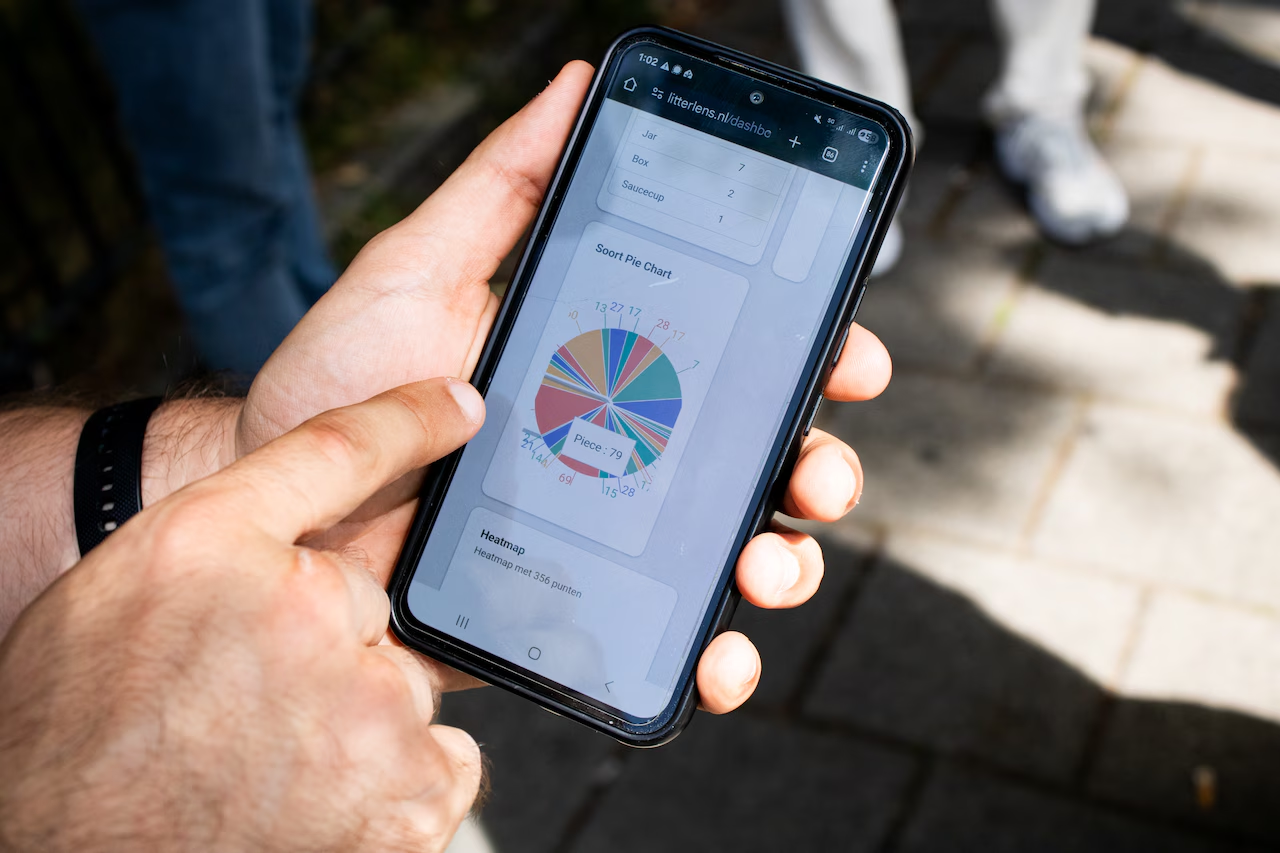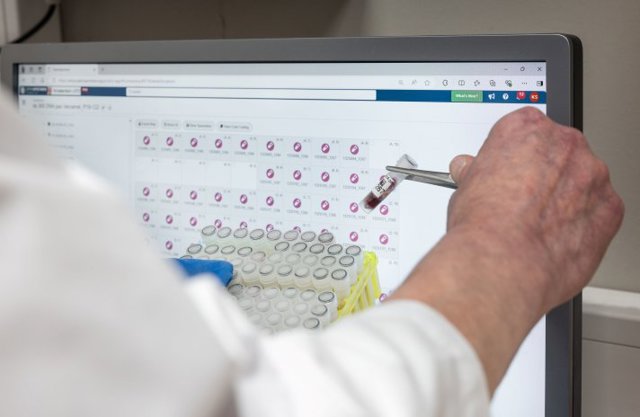September 8
Faster and more efficient analysis of leukemia cells using AI
Researchers at Amsterdam UMC have developed an AI algorithm that can predict leukemia recurrence in just three seconds. The method is as accurate as traditional analysis, but much faster.
In patients with acute myeloid leukemia (AML), the disease often returns even after successful treatment. Amsterdam UMC has been a leader in tracking residual leukemia cells for over 25 years, traditionally using flow cytometry. This method is effective but time-consuming and labor-intensive.
A new AI algorithm now provides a promising alternative. Researchers from the Department of Hematology tested whether part of the clinical analysis could be automated. In a study involving 399 patients, the algorithm produced the same predictive value as manual analysis—in just three seconds.
“Patients in whom we detected residual leukemia cells experienced a recurrence at similar rates, regardless of the method used,” says researcher Tim Mocking. The AI analysis also delivers unambiguous results, reducing error margins.
The technology represents significant time savings for lab analysts. “Thanks to this AI innovation, analyses can be performed faster and more efficiently, freeing up time for specialist tasks,” Mocking explains. The method may also help identify new, previously unknown cell types linked to the disease.
While additional validation is needed before clinical deployment, this development marks an important step toward practical AI integration in healthcare.
Read the full article on the Amsterdam UMC website: Faster analysis of leukemia cells using AI
Vergelijkbaar >
Similar news items

September 8
Registration open for the 2026 Dutch National Healthcare Innovation Award
read more >

September 8
AI maps Amsterdam’s litter problem with help from ‘zwerfinator’ Dirk Groot
read more >

September 8
Faster and more efficient analysis of leukemia cells using AI
read more >